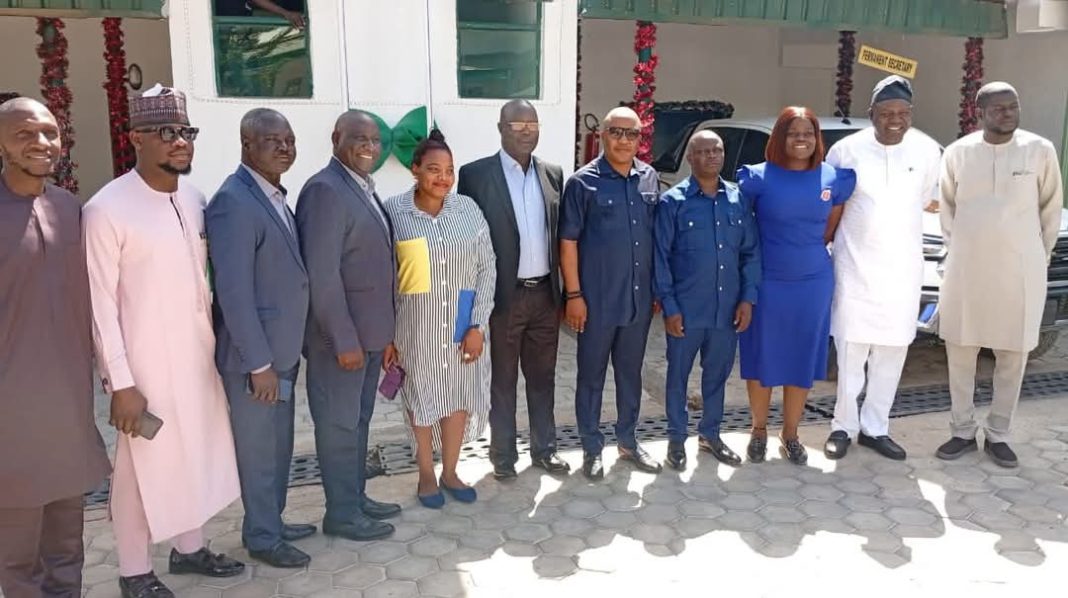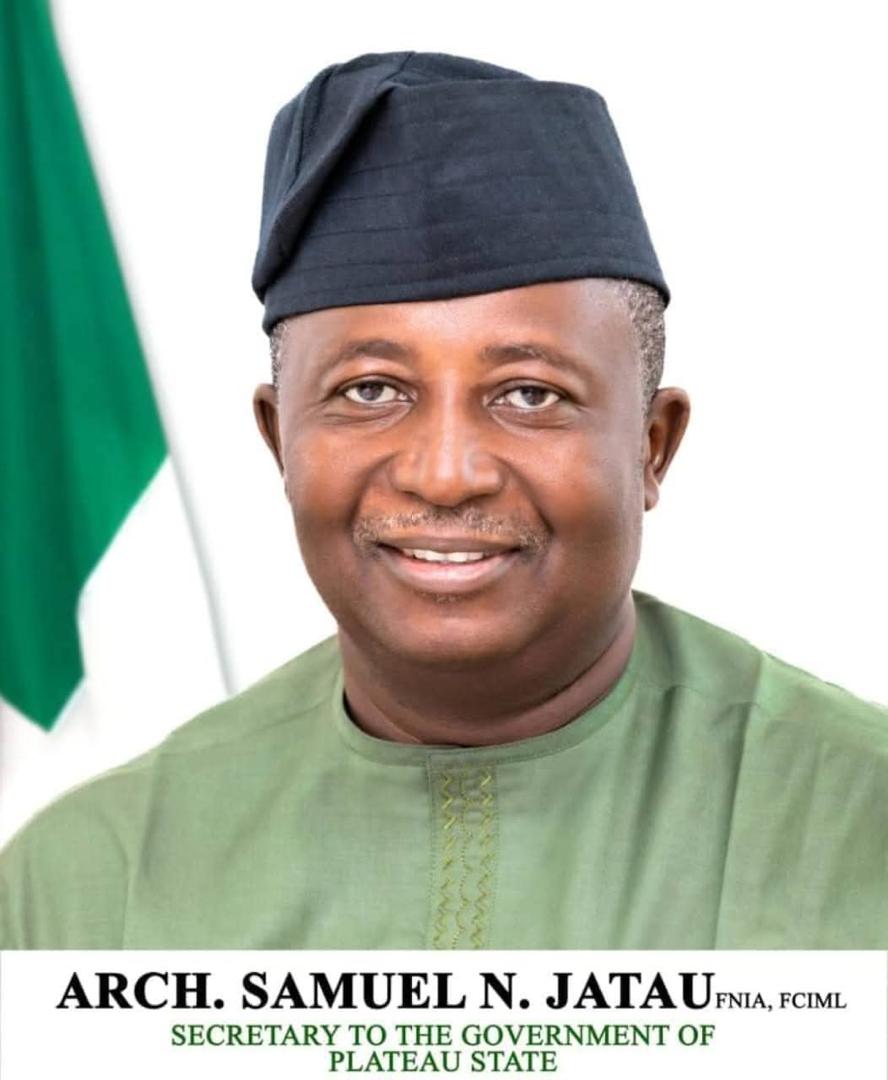By Isreal Adamu, Jos
The Vice Chancellor of Plateau State University (PLASU) Bokkos, Prof. Shedrack Best, has stated that the law and structure that established the university designate the 17 local governments of Plateau State as co-owners.
Prof. Best explained that this co-ownership arrangement was the basis for the funding structure from the university’s inception, with the 17 local governments required to jointly fund the university’s activities alongside the state government.
He made this disclosure during a courtesy visit to the Commissioner for Local Government and Chieftaincy Affairs, Hon. Euphriam Usman, in his office.
Prof. Best noted that while this arrangement continued for a while, financial distress eventually led to a rearrangement of the funding formula for the local governments in the state.
The Vice Chancellor also highlighted the many areas of potential collaboration between the university and the ministry, particularly in the training of staff across the 17 local governments, including executive cadres. He emphasized that PLASU has the resources to support such initiatives.
“We also hope you will look into other possible ways to support the university. Currently, we face challenges in several areas. We rely on boreholes for our water supply, which is grossly inadequate,” he said.
He also pointed out that most of the university’s staff live off-campus due to a lack of developed staff housing, which was not part of the university’s original development plan.
“The university is situated in an area with significant security challenges. While we have been fortunate not to experience direct attacks on campus, the lack of on-campus student housing has exposed over 95% of students who live off-campus to risks such as kidnappings and other criminal activities,” Prof. Best added.
He stressed that security remains a top priority for the university and appealed for intervention in this regard. He further noted that many staff members commute daily from Jos and Bokkos, which is both costly and challenging.
The Vice Chancellor revealed that the university management had approached the Ministry for assistance with transportation to ease staff and student movement, expressing hope for a favorable response.
“We also appealed to the Governor, Barr. Caleb Mutfwang, through you, to extend the improved transportation services seen within Jos and its environs to areas like Barkin Ladi and Bokkos. This will significantly alleviate the transportation costs for our staff, especially with rising petroleum prices,” Prof. Best stated.
He thanked the Commissioner for Local Government and Chieftaincy Affairs for his efforts and reaffirmed the crucial role of the ministry and the 17 local governments in the university’s operations. He highlighted that the local governments have representation on the university’s governing council, ensuring their involvement in its decision-making processes and aligning them with the state’s governor, another co-owner of the university.
In their responses, Hon. Ephraim Usman, the Commissioner for Local Government and Chieftaincy Affairs, and Hon. Kemi Nshe, the Chairman of the Association of Local Governments of Nigeria (ALGON) Plateau State Chapter and Chairman of Shendam Local Government Area, commended the Vice Chancellor for articulating the university’s position effectively.
They acknowledged the challenges raised, including the issues with sports facilities, water supply, hostels, solar energy, and other needs, and emphasized that they would discuss these concerns with the local government chairmen to explore potential solutions.
“We have been waiting for this opportunity because, admittedly, the remittances to the university have been inadequate. However, we understand the enormous burden on the local government chairmen, which is why we strive to provide what we can each month,” they stated.
They also expressed their intention to explore ways to go beyond regular monthly remittances by seeking additional support, including reaching out to prominent politicians, philanthropists, and other influential individuals to invest in the university.





